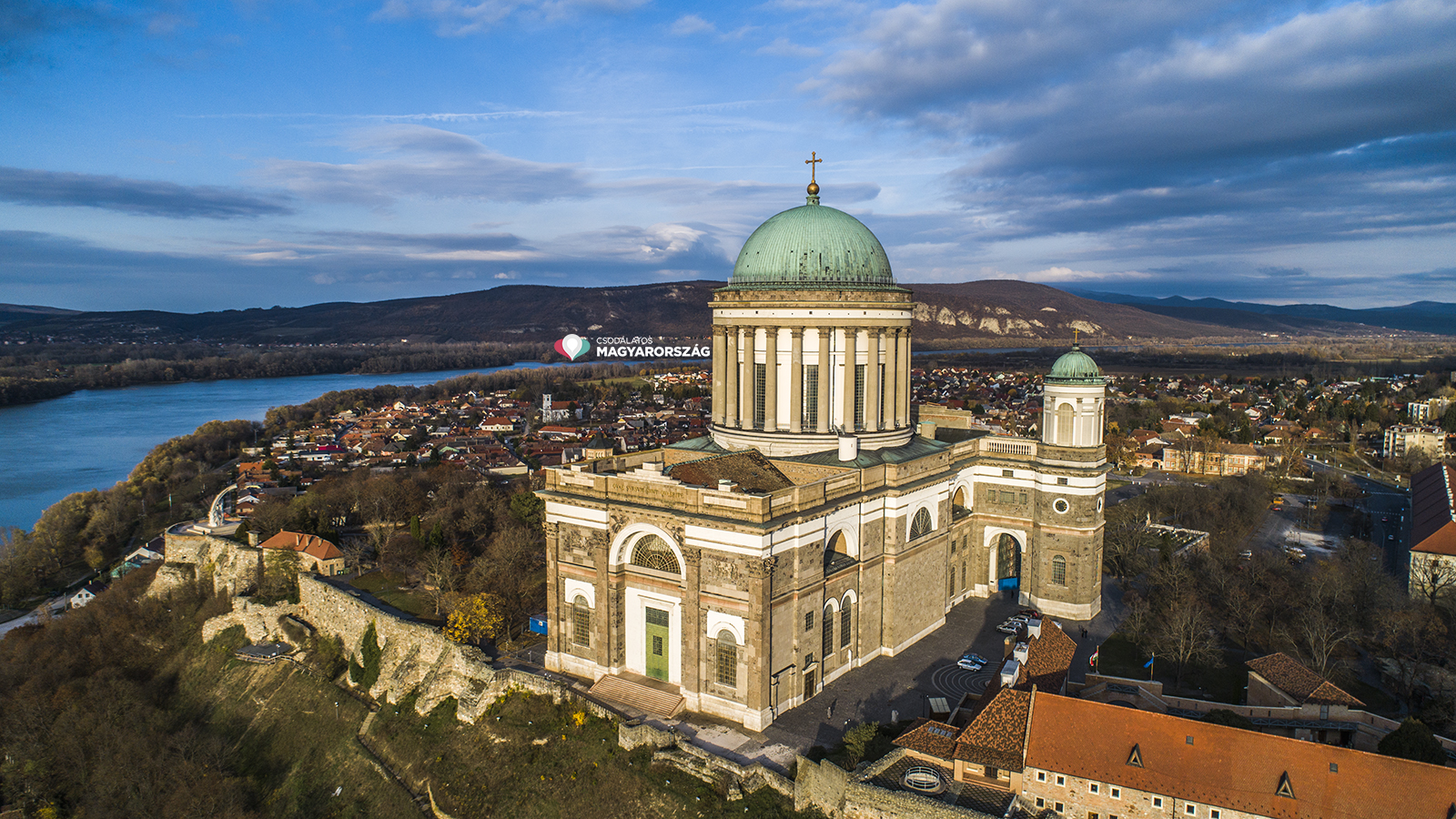Citizens of the Visegrád Group, consisting of Hungary, Czechia, Slovakia, and Poland are more likely to reject an expansion of EU power and remain more fervent supporters of traditional Christian values than those in the West, a 30-country study of the Hungarian Századvég think tank shows.
The research shows that the region’s citizens are more committed to retaining nation-state competencies than other countries, and only a small proportion of them would transfer more of them to the EU: 54 percent stand for a stronger nation-state, while only 30 percent want further centralization. On average, the same proportions are 48 and 36 percent in all countries surveyed.
All this is proof that the vision of an EU organized on a federal basis is less attractive to the V4 countries than to the old members. Another interesting fact is that of all the groups of countries covered by the research, the citizens of the V4 countries think that their countries face double-standards at the EU level.
The migration crisis in Europe, coupled with the efforts of post-modern tendencies to question or even disparage Christian-conservative and communal values while applying an extreme interpretation to individualism, has brought to the surface fault lines of a cultural nature between East and West.
The research shows that the citizens of the former socialist countries, including the Visegrád nations, are significantly more likely than the old members to preserve Christian-based traditions and culture.
Research also clearly shows that only a minority of Europeans (20%) still place their European identity above their national identity. At the same time, it can be stated that of all the groups of countries surveyed, the proportion of V4 citizens who consider themselves to be mostly European (24 percent) is higher than the European average, while the proportion of those who put their national identity first (71 percent) is lower. The latter indicator is 75 percent at the level of the countries surveyed.
The think tank research also reveals that the Visegrád countries, despite having drifted to opposite sides of the barricade several times throughout their history, are linked by a specific Central European value system and vision. This is evidenced by the fact that the same challenges elicit similar responses among these nations, including regarding immigration and LGBT issues.
Given the strong cohesive value system seen across a range of Central and Eastern European nations, there is potential that these countries could become a real cultural foil to the West if they are able to further deepen their political relations and economic cooperation, and effectively increase their weight in the EU.





